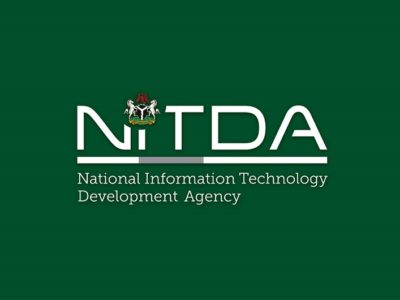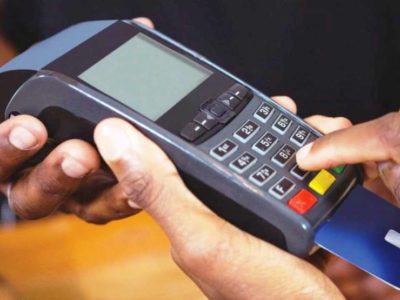
The Federal Government has reaffirmed its commitment to safeguarding Nigeria’s cyberspace. In Abuja this week, the government said it will strengthen Nigeria’s digital infrastructure against escalating cybersecurity threats.
RELATED: Nigeria, UK collaborate to build national cybersecurity architecture to strengthen digital resilience
Speaking at the maiden National Cybersecurity Conference (NCSC), National Security Adviser (NSA), Malam Nuhu Ribadu, emphasized that protecting Nigeria’s digital ecosystem is now central to both national security and economic stability.
Strengthening Cyber Resilience
Themed “Building a Resilient Digital Future”, the two-day conference was organized by the National Information Technology Development Agency (NITDA) in collaboration with the Office of the National Security Adviser (ONSA). The event drew over 175 organisations including government ministries, embassies, tech companies, and academic institutions.
“This is a defining moment in Nigeria’s digital security journey. Digital transformation brings massive economic opportunity, but it also increases our vulnerability. Cyber resilience is no longer optional—it is fundamental,” said Ribadu.
He announced the creation of a National Cybersecurity Coordination Centre. The new facility is designed to ensure real-time detection and response to cyber threats.
US Commits to Supporting Nigeria’s Cybersecurity
The United States Government, represented by Ambassador Richard Mills, pledged its support for Nigeria’s digital defense infrastructure.
“The United States is committed to working with Nigeria to fight cybercrime and ensure a safe digital future. Together we are building a resilient digital Nigeria—one that inspires innovation, trust, and safety,” said Ambassador Mills.
Legal and Policy Enhancements Underway
NSA Ribadu also revealed updates to key cybersecurity laws and policies, including:
- A review of the Cybercrime Act,
- Revisions to the National Cybersecurity Policy and Strategy to reflect AI and other emerging tech,
- Enforcement of the Executive Order on the Protection of Critical National Information Infrastructure (CNII).
Enhanced coordination with telecom operators and security agencies is also being implemented to shield critical telecom infrastructure from growing threats.
EFCC Targets Fintech Fraud and Online Crimes
EFCC Chairman, Ola Olukoyede, warned of rising cyber threats in Nigeria’s fintech sector, listing dangers like banking malware, fraudulent crypto schemes, and social engineering tactics.
To combat this, the EFCC plans to launch a Cybersecurity Research Centre by 2026, which will aim to retrain cybercriminals, popularly known as “Yahoo Yahoo boys,” by redirecting their digital skills into productive ventures.
“Let us not wait for the next major cyberattack. We are investing in digital forensics and intelligence collaboration to fight cyber-enabled financial crimes,” Olukoyede said.
Legislative Backing and Interagency Collaboration
Senator Shuaibu Salisu, Chairman of the Senate Committee on ICT and Cybersecurity, called for more education and orientation for digitally literate lawmakers and affirmed that insights from the conference would feed into the review of Nigeria’s Cybercrime Law.
NITDA Director-General, Kashifu Inuwa Abdullahi, noted that the conference was designed to foster partnerships among government agencies, private sector leaders, academia, and international allies to combat cyber threats.
According to him, the NCSC will help:
- Develop robust cybersecurity regulations and compliance tools
- Foster cross-border intelligence and tech-sharing
- Promote cybersecurity education and upskilling
- Showcase innovations from local and global cybersecurity firms

































